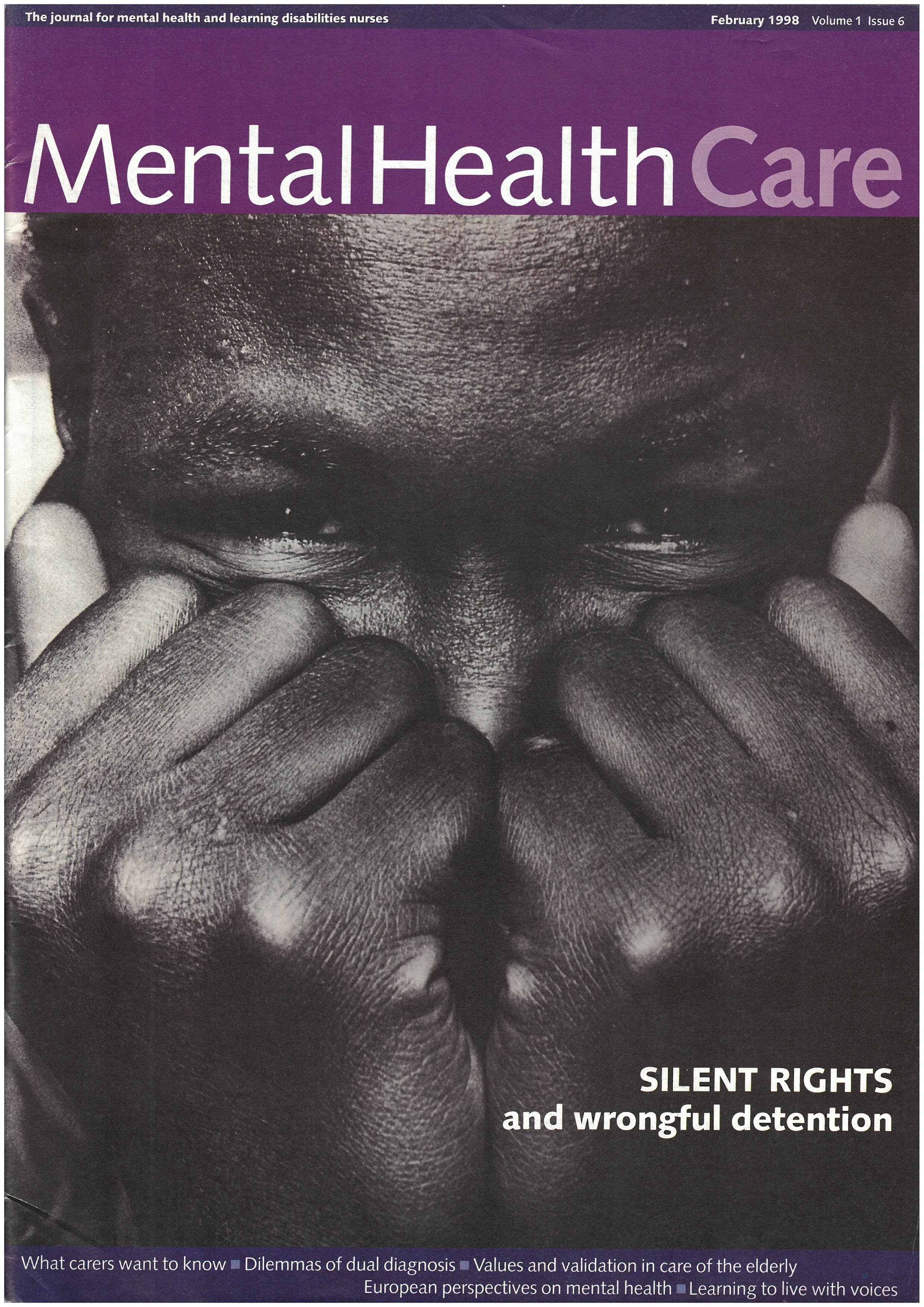
‘Digging Deep’: The Ipamo Project, 1995-2002
The anti-racist mental health initiatives from the period of the 1980s onwards were a response to the systemic racism that Black and minority ethnic communities were facing within mental health services. This was in part due to the underlying assumptions within standardised models of treatment, which failed to recognise the factors of race and cultural difference. In the introduction to ‘Forensic Psychiatry, Race and Cultural Difference’ (1998, Fernando, Wilson, Ndegwa) Suman Fernando states that a person’s ‘beliefs, attitudes and ways of thinking'- his/her culture- become scrutinised against a perceived norm derived from within the psychiatric system’. This norm, which aligns with a dominant culture of whiteness, does not allow for cultural difference and importantly, doesn’t ensure that racist perceptions do not influence judgements made by practitioners within psychiatric treatment.
The dominant medical model of mental health exacerbated problems faced by Black communities needing treatment. The model broadly views mental illness as being a result of ‘‘underlying biological or characterological defects which results in manifest symptomology' . This view failed to recognise how societal factors, including inequality, both cause and exacerbate mental health problems. Societal factors also effect how service users encounter mental heath services and the treatment and care they receive within them. Black and minority ethnic communities were (and remain) at comparatively higher risk of mental ill health, and were disproportionately impacted by the detriments associated with mental ill health. From accessing treatment and receiving mental health support, inequality and discrimination remained rife for Black and minority ethnic communities. In order to counter act these issues, there needed to be large systemic changes to the mental health field.
“The position is one in which Black and minority ethnic people who exhibit symptoms of mental illness are met with a legal, controlling response, to a problem which requires empathy and therapeutic care”


